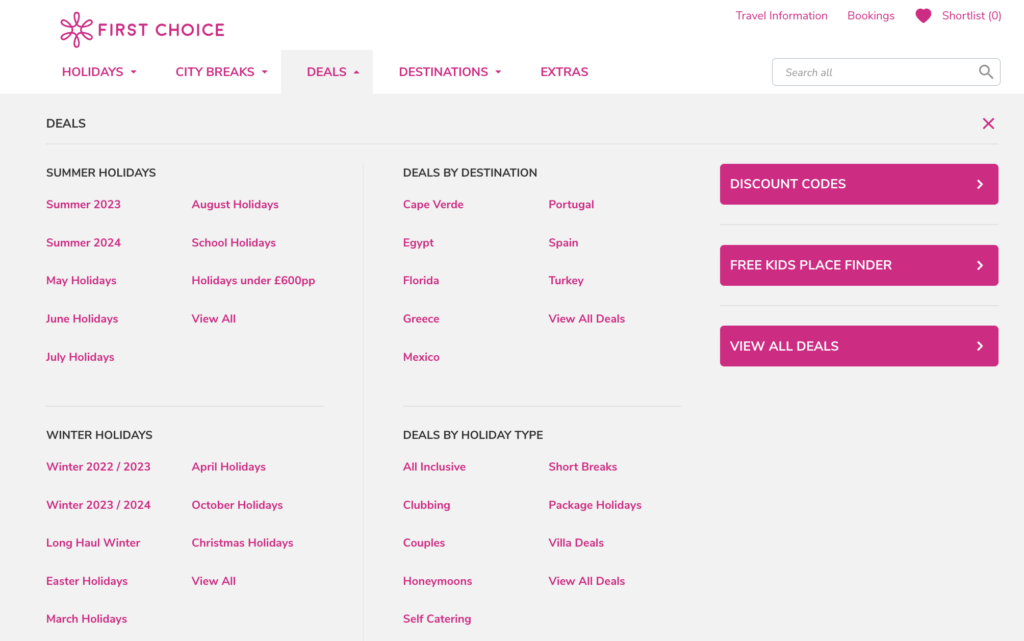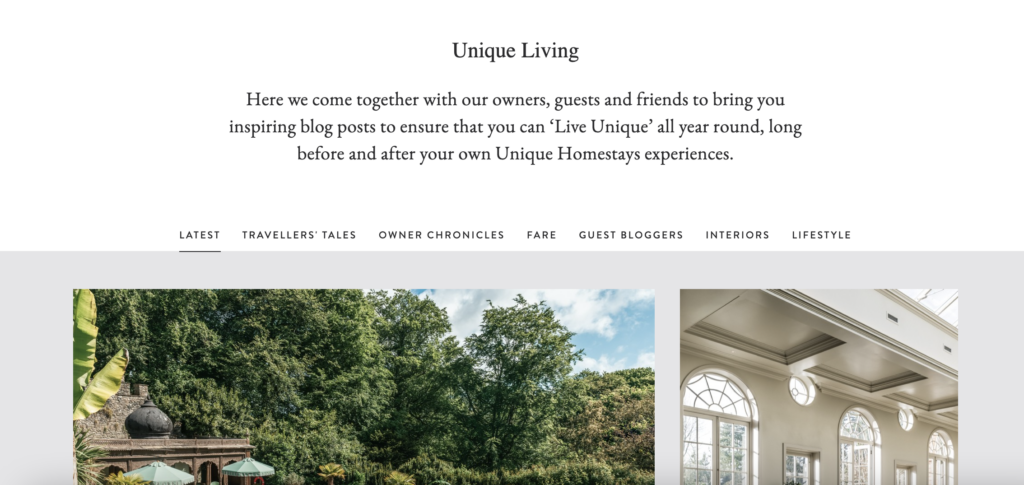
The cost of living crisis is leaving people with a reduced disposable income, and the inability to spend money on non-essential activities. Many industries are fearing the consequences of this, most notably, travel.
For most people, holidays are now seen as a luxury. How can travel brands ensure success or even survival?
In this article, we’ve put together a few tips for travel brands looking to stay aspirational:
Understand your target audience
Suggesting a luxury resort to a family that’s struggling with rent is a waste of time, but it’s also a quick way of branding yourself as out of touch. This is why understanding your audience’s struggles is vital.
In a cost of living crisis, you know one thing: people don’t have the money. Showing you understand that travel isn’t as accessible anymore can make the brand relatable. If people place you among them, rather than as something removed from reality, they are more likely to pay attention to what you have to offer.
Sell the dream
In order to get people invested in what your brand has to offer, you have to sell the dream. The most efficient way of doing this is by utilising content that attracts, engages, and retains your target audience. From written articles to videos and photos, content is a great way to show them what your brand is able to provide, placing it as something desirable.
The right type of content can also showcase your expertise within the industry, which builds trust in the brand. In the world of travel, this can mean they won’t hesitate as much to spend their reduced disposable income with you, as it won’t feel like a risk.
Make travel accessible – a wider range of options
Evolve or die, so the saying goes. Adapting your brand to the cost of living crisis should result in a wider range of options that account for different financial situations. Creating alternatives for cheaper holidays, along with tips on how to enjoy activities closer to home, is a great way to make travel more affordable and accessible.
A new focus on budget options shouldn’t take away from luxury holidays marketed at those able to afford them. If anything, it elevates them to a higher sense of exclusivity. The key is being flexible enough to cater to different circumstances so that travel isn’t seen as being limited to one group alone. First Choice is a great example of a wide range of options, especially when it comes to the deals section.

Down-to-earth branding
You can tweak your marketing to be crisis-aware so that the brand becomes respected and approachable. You can acknowledge the financial struggle while promoting travel by focusing on ways that make it more accessible.
You can also highlight why travel is still relevant. Many won’t see it as essential any more, but taking a break from day to day life is more important than ever, and it can be invaluable for improving people’s well-being and mental health.
Convincing deals
Having a limited budget means people need more convincing to spend their money. How do you persuade consumers that investing in travel is the right thing to do? Here’s our ABC of golden rules:
- Assess travel needs:
Figure out what people need to choose to travel. Is it a more affordable destination? More things included? More unique experiences? Knowing what they want will help you use the right approach when creating deals.
- Bait with benefits:
Highlight the pros of the deals you offer, and state what makes them stand out. Showing people what they will gain makes it easier to see travel as an opportunity rather than an expense.
- Communicate clearly:
People are more willing to spend money when they understand what they are paying for. Your deals should include all of the important details, because the more informed someone feels, the more likely they are to make a decision.
Maintain your presence
It might seem hopeless to continue marketing during a time of crisis, especially when travel is no longer a priority for many. But communicating with your audience is the best way to ensure the brand stays relevant. Unique Homestays, for example, has a journal feature on its site, where they regularly post blogs all year round, subtly promoting the travel experience they aim to offer.

Now, more than ever, travel is a form of escapism, and this is a message that should be utilised. If people are thinking about travel, they’re more likely to plan it, making it possible to save money in time.
Whether it’s a caravan in Filey or an all-inclusive trip to Barbados, people still need a break. Understanding this is the key to preparing for the 2023 summer season.
For more marketing advice, read another of our helpful articles on the It Works Media blog. Alternatively, contact us today to find out how we can help you with your next marketing strategy.

